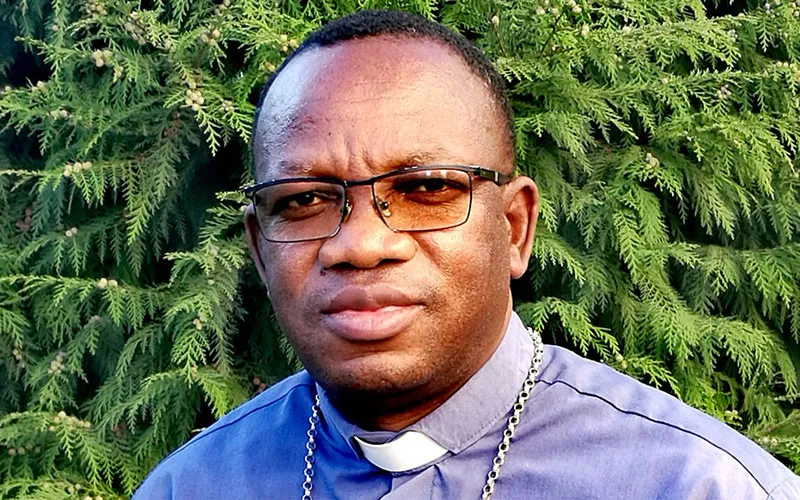Pemba, 14 September, 2022 / 9:00 pm (ACI Africa).
The Catholic Bishop of Pemba Diocese in Mozambique has called on the international community to take note of the atrocities in the Northern part of the country due to terrorism as a matter of “priority”.
In an interview with 7MARGENS that was published on September 11, Bishop António Juliasse Ferreira Sandramo underscored the need for the international community to support the people of God in Mozambique’s Cabo Delgado Province.
“Mozambique must remain a global priority. There cannot be first-line victims and second-line victims,” Bishop Sandramo was quoted as saying, adding, “The Conflict of Cabo Delgado cannot be forgotten; it cannot be taken as a normal subject.”
The Mozambican Bishop whose Episcopal See covers Cabo Delgado further told 7MARGENS, “We cannot be indifferent to the misfortune of those who must walk 200 kilometers to try to be hosted by families in extremely precarious conditions.”
The Local Ordinary of Pemba Diocese who doubles as the Secretary General of the Episcopal Conference of Mozambique (CEM) regretted the fact that the war in Ukraine has led to “lack of support” from the World Food Program (WFP) for the needy people of God in his Episcopal See.








